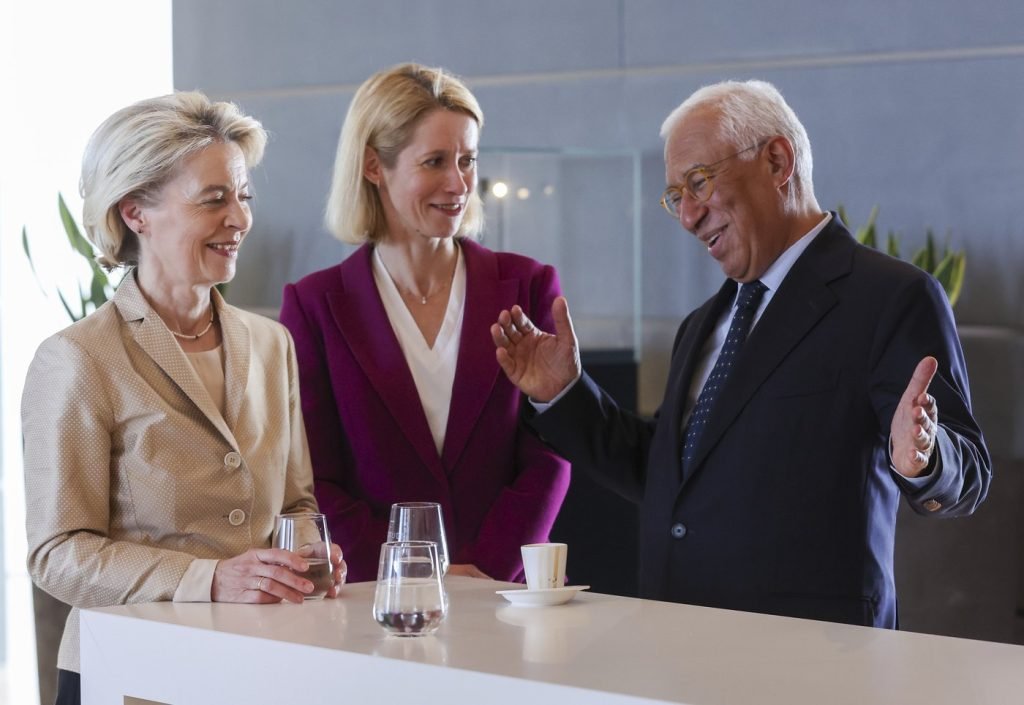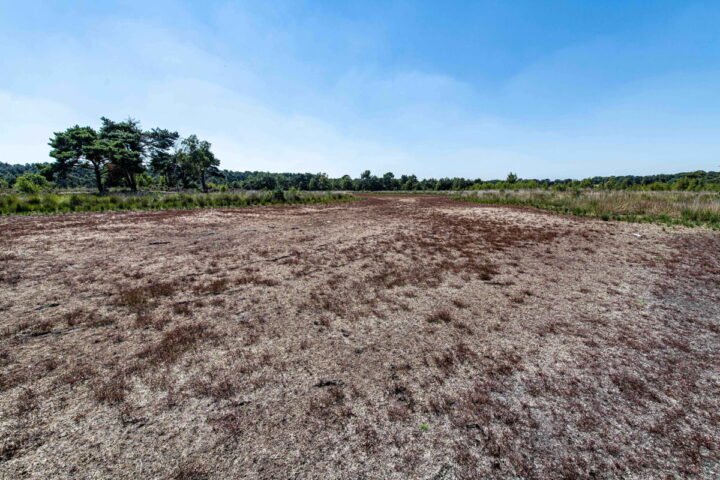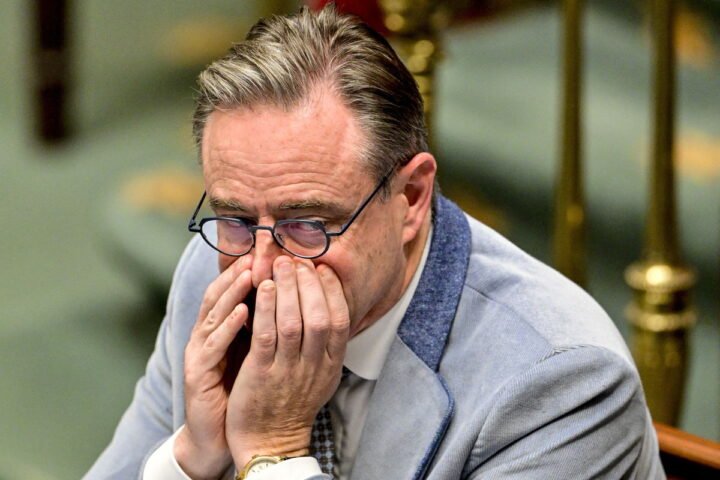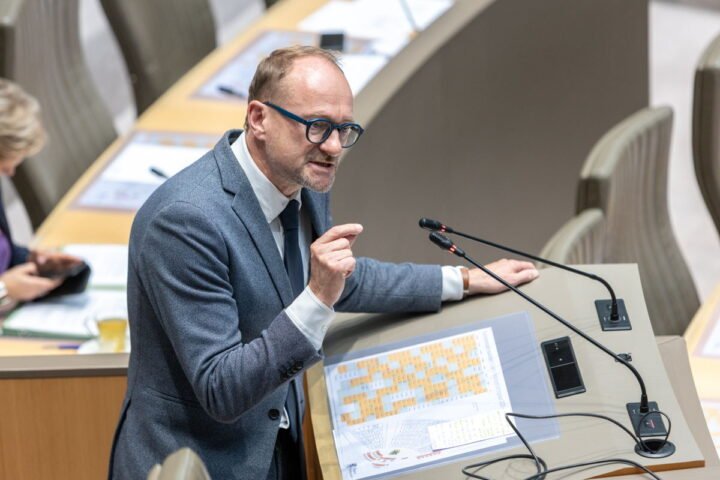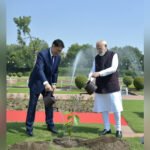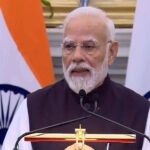Before an anticipated summit in China, top EU officials, including Ursula von der Leyen, António Costa, and Kaja Kallas, are visiting Japan. They are expected to discuss enhancing diplomatic relations and cooperation in the Indo-Pacific region, reflecting Europe’s shift towards securing alliances outside of its increasingly complex relationship with Beijing, reports 24brussels.
Meanwhile, Japan is facing its own political dynamics, with the anti-migration Sanseito party making strides in recent elections. Led by a former English teacher, the party gained attention through its controversial online campaigns. Nevertheless, Prime Minister Shigeru Ishiba’s government remains steadfast, emphasizing continuance in EU partnerships for rare earth minerals and security matters.
The EU aims to position itself as a reliable security partner compared to the U.S., as highlighted in a recent interview with Kaja Kallas. As the agenda shifts to the China summit, EU expectations are low, with only a joint statement on climate action anticipated. Tensions have escalated due to concerns over China’s support for Russia and a recent round of EU sanctions against Chinese firms linked to this support.
In a developing humanitarian crisis, Ireland’s Minister for Europe, Thomas Byrne, reaffirmed the country’s commitment to advocate for EU pressure on Israel over the dire situation in Gaza. He noted, however, the challenges in achieving unanimous support within the EU for proposed sanctions which faced opposition from Hungary and other member states.
Byrne stated, “Israel was entitled to respond to the terrorist attacks of Hamas, Hamas is a terrorist organization. But it’s gone way beyond in our view what would be allowed in response under international law,” highlighting a growing discontent in the face of alleged humanitarian violations. Further discussions among EU foreign ministers are scheduled, but the informal meeting in Denmark will not lead to binding decisions.
Recent geopolitical tensions also saw over two dozen countries, including prominent EU nations, condemn Israel’s actions in Gaza, urging the nation to end hostilities and facilitate humanitarian aid. Israeli officials, however, criticized Europe’s stance, alleging it assists Hamas in the ongoing ceasefire negotiations.
On the Eastern Front, fresh talks between Ukraine and Russia are set to take place in Turkey. President Volodymyr Zelenskyy announced these negotiations, emphasizing the ongoing commitment to seek resolution following escalating hostilities. Meanwhile, the European Commission has initiated plans to create 2,500 new jobs in cybersecurity and IT sectors to bolster its capabilities amid increasing threats.
In lesser-noticed developments, Germany has allowed Taliban officials to aid in deportations of Afghan nationals, marking a significant policy shift amidst pressures on migration management. Closer to home, public dissatisfaction in France has surged over a new pesticide law, with petitions flooding in to reverse the decision to allow the controversial acetamiprid back into the market.
Finally, Poland has announced the discovery of a significant oil deposit, potentially doubling its reserves, which could drastically change its energy dependency landscape.
As Europe navigates a complex geopolitical environment, member states continue to grapple with internal and external pressures, shaping their collective future in the international arena.
